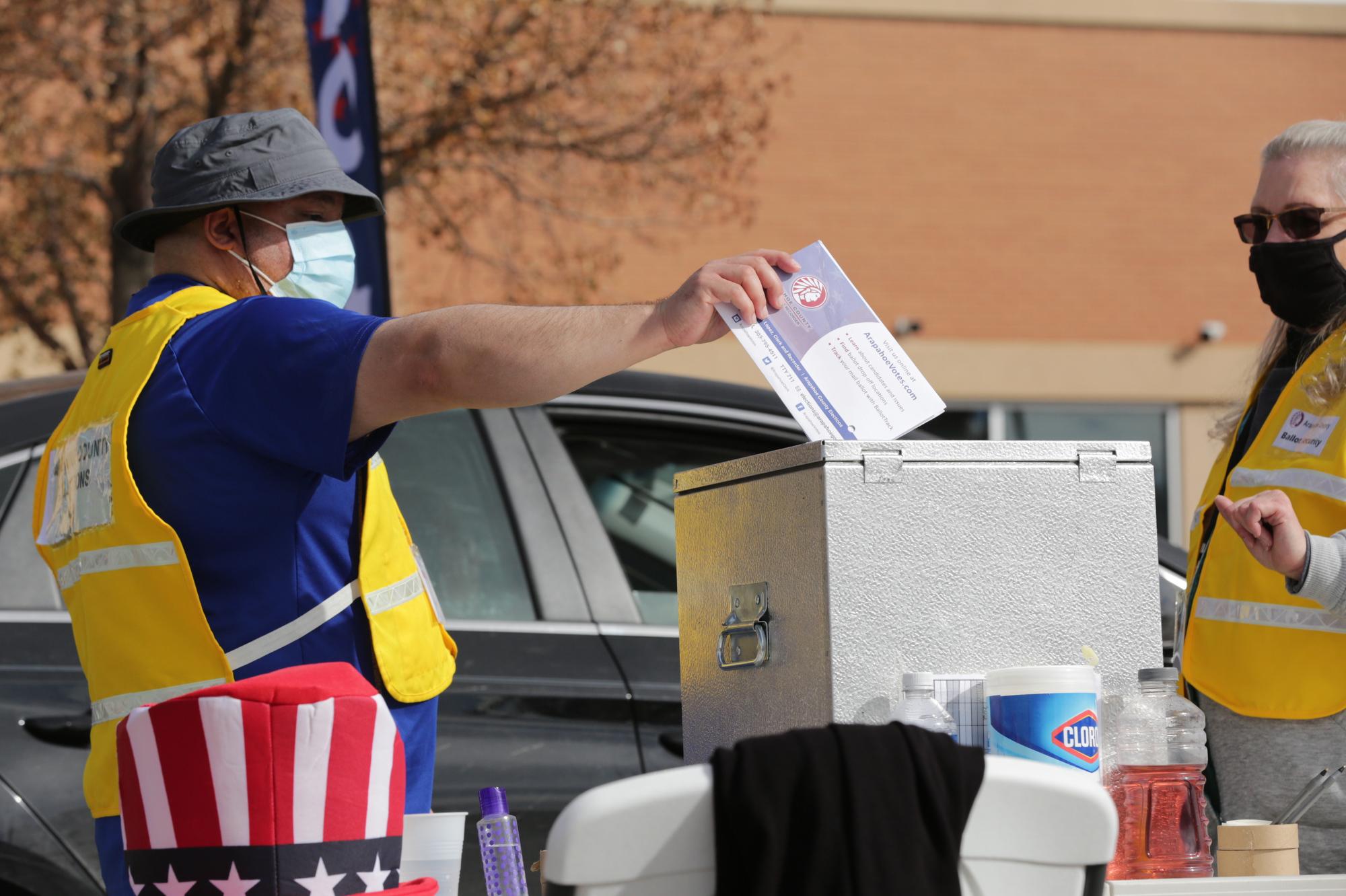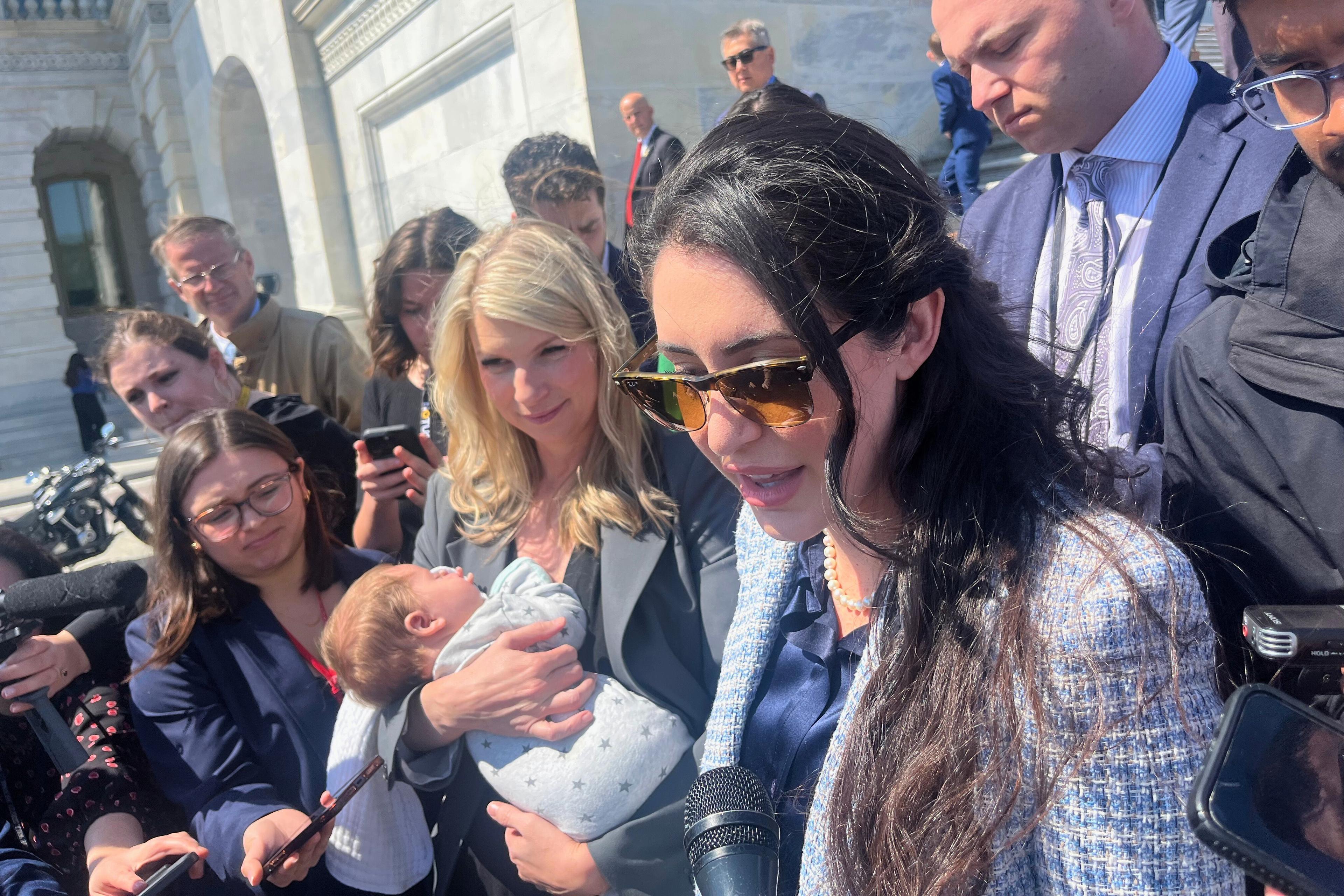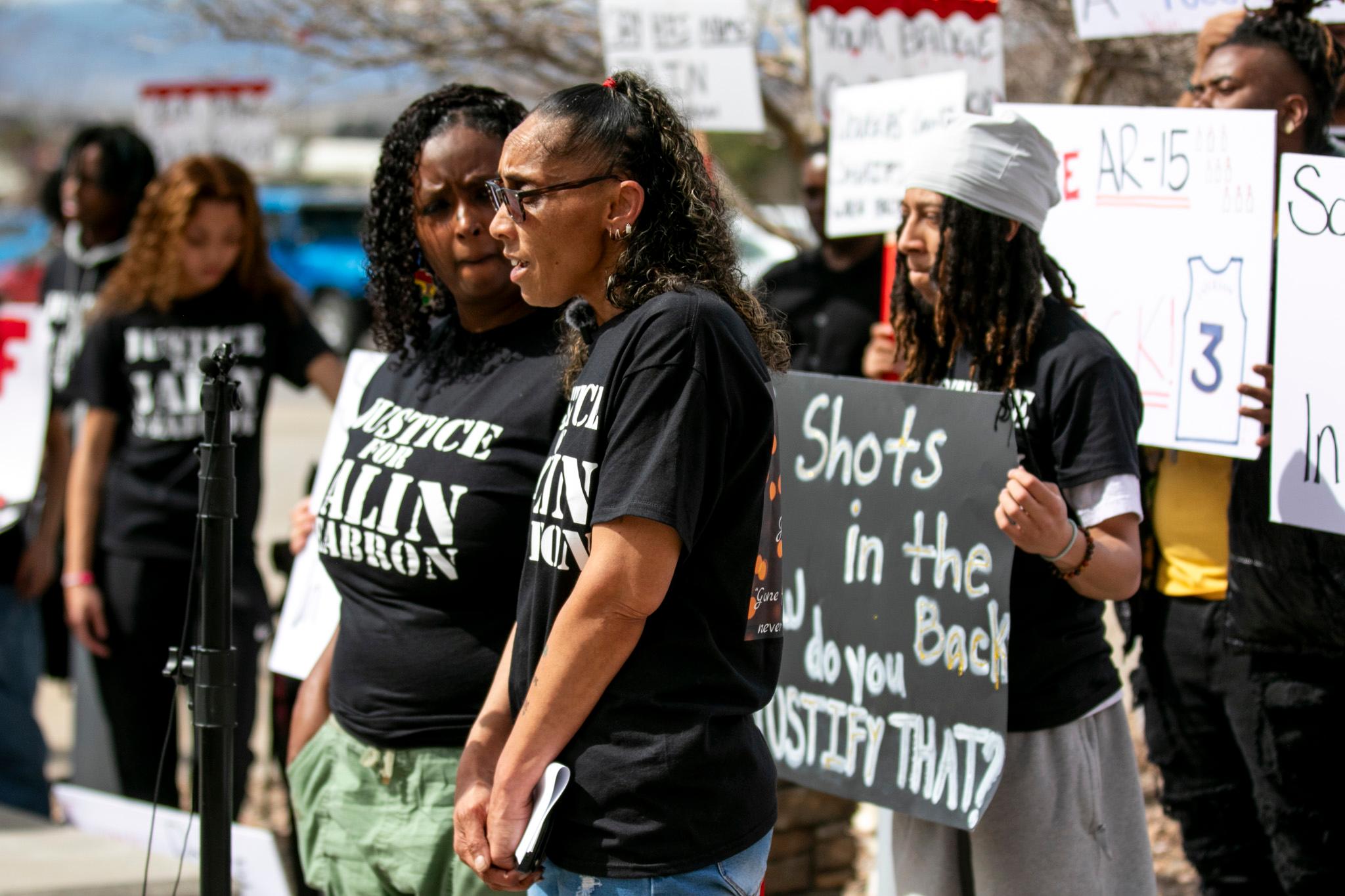
Colorado voters appeared to add or preserve more than $2 billion in annual government revenues by approving ballot initiatives in the 2020 election. That’s a big number in a state where voters rarely agree to new spending, and it comes just as the pandemic squeezes budgets, both personal and public.
“Colorado’s in a revenue crisis right now, and so overall it was a pretty good election night when it came to trying to fix some fiscal issues,” said Rep. Alec Garnett, the Denver Democrat who will serve as Speaker of the House in the next legislative session.
But the changes weren’t straightforward.
Colorado voters agreed to hold property tax rates steady and significantly raised taxes on nicotine products. They also committed roughly 1 percent of many people’s paychecks to a major new social program that aims to ensure paid leave for all workers.
At the same time, though, they reduced the state income tax rate, reversing some of the increase to the government budget. That was a move favored by conservatives, but also by Democratic Gov. Jared Polis.
“Certainly I was excited that we lowered the income tax rate for every Coloradan and all of our businesses, small businesses,” Polis said.
The governor also strongly backed the nicotine tax measure and the property tax measure. He was neutral on the paid family leave initiative. “It shows that everything that we've advocated for is, you know, well-aligned with what a majority of Coloradans want,” he added.
A New Path For Statewide Ballot Measures?
The successful ballot initiatives could point to new approaches for Colorado politics. For fiscal conservatives, the success of the income tax cut suggests a way to limit spending even as Democrats hold power. For progressives, the results show that voters may go for new programs and revenues — depending on how they’re packaged.
For example, 57 percent voted for paid leave and its fees, and the measure even won in some conservative counties like Weld and El Paso.
“Whether legislatively or by the ballot, we have shown that in a swing state this is a popular program,” said state Sen. Faith Winter.
Colorado’s not much of a swing state anymore, but the voters here have remained fiscally conservative when given the chance. They have never approved a general tax increase, shooting down several proposals in the past decade — making it notable that they approved $1.2 billion in annual fees on workers’ wages starting in 2023.
Political consultant Rick Ridder thinks that the pandemic boosted the paid leave effort and other major changes. The coronavirus has shown how few people have paid leave benefits, and how many workers may eventually need them, he said. Ridder added that the pandemic also may have boosted support for Proposition EE’s nicotine taxes, which will first go to general education spending, and then eventually pay for universal preschool.
“Timing in this world is everything. They certainly both caught a benefit, in a strange way, from the pandemic,” Ridder said. “They’re beginning to see how this impacts their own life, and all politics becomes personal at this level.”
The measure may also have benefited from the wording of its question, which focused on its benefits rather than its costs, along with a nationally-funded ad campaign.
Winter said the new paid leave program could accelerate a “national movement” on labor issues. Eight states and Washington, D.C. already have similar paid family leave laws, but Colorado is the first place to create one through a ballot measure.
TABOR or not to be?
Colorado voters also showed a new willingness to change the fiscal rules that state government has to play by. Fifty-seven percent agreed to repeal the Gallagher amendment — which means the state won’t automatically cut property tax rates next year. In some places, especially in rural Colorado, that rate cut would have reduced the funding coming in for local government services, like fire and library districts, as well as schools.
Garnett believes that the years-long effort to secure a repeal succeeded because Republican and Democratic lawmakers worked together to put Amendment B on the ballot, which prevented the issue from becoming cast in a partisan light.
“It tells me that the people understood that Gallagher was a problem for rural Colorado,” said Republican Rep. Matt Soper, one of the repeal referendum’s sponsors.
Significant political spending helped, too. Billionaires Kent Thiry and Pat Stryker each contributed more than a million dollars directly to support Amendment B. Separately, the paid leave campaign was fueled by nearly $9 million, much of it from national dark-money nonprofits like True North and the Sixteen Thirty Fund, swamping the opposition.
But even as they chose to boost government revenues, voters also moved in the opposite direction by deciding to slightly reduce the income tax rate, a change that will deny $150 million a year to the government.
And they also gave themselves more power over future state revenues by strengthening a core principle of the Taxpayer’s Bill of Rights. Proposition 117, which passed by 5 percentage points, requires voter approval for some new fees in the future.
That change could make it harder for fee-based measures like the paid leave law to win approval in the future; it would require ballot language focus first on a measure’s total cost before listing its benefits — similar to the language required for initiatives that raise taxes.
Some Republicans took those victories as a silver lining, showing that Colorado voters are still interested in holding back government spending, or at least value having a say over that spending.
“The Taxpayer's Bill of Rights is really popular. Voter approval is really popular. We’re in a recession and people wanted more money in their pockets.” said Michael Fields, the campaign leader for the tax cut and Proposition 117.
Ridder draws a different conclusion from Tuesday’s results. He thinks they showed that a well-run campaign could have a chance of passing future changes to TABOR, a longtime goal of progressive government groups.
Editor's Note: This story has been updated to correct which city Rep. Alec Garnett lives in.









